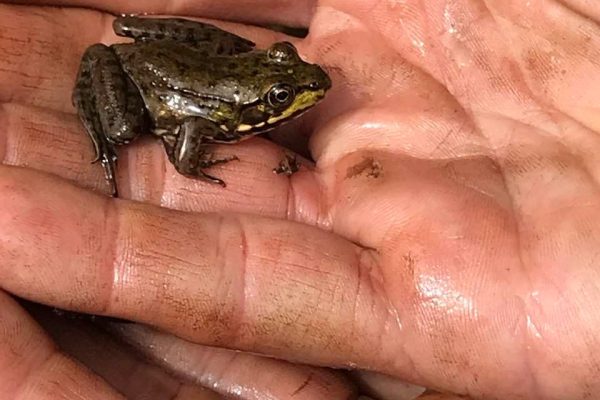Humanistic Judaism was founded as a congregational movement in 1963 by the late Rabbi Sherwin T. Wine, and has emerged as a stream of Judaism that enables people of any ethnic or religious background to cherish Jewish history, culture, and ethics without worshipping or praying to a supernatural being.
[Matzah held up for all to see.]
[Take turns reading. Each person is invited to read a grouped set of lines or to pass.]
MATZAH: Why do we eat matzah?
Matzah is the symbol of our affliction and our freedom.
Legend has it that when Moses and his followers fled Egypt,
they moved so quickly that the bread they baked did not have time to rise.
However, scholars have noted that long before the Jews celebrated Passover,
Middle Eastern farmers celebrated a spring festival of unleavened bread.
This was a festival where unleavened bread was made
from the fresh barley grain newly harvested at this time of the year.
The old fermented dough was thrown out
so that last year’s grain would not be mixed with this year’s.
Therefore, the new season began with the eating of unleavened bread—matzah.
Later on, the Jewish people incorporated this agricultural festival
into the celebration of freedom and renewal we now call Passover.
Leader:
Let us now say a blessing for the matzah.
A BLESSING FOR THE UNLEAVENED BREAD
NOTZI MATZAH: LET US BRING FORTH MATZAH
Leader:
Hebrew:
נוֹצִיא מַצָּה- לֶחֶם מִן הָאָרֶץ
כְּדַי שֶׁנִּסְתַּפֵּק וְנִתְכַּלְכֵּל כֻּלָּנוּ
Transliteration:
Notzi matzah – lehem min ha-aretz
k’dei she-nistapek v’nitkalkel kulanu.
Everyone:
Let us bring forth matzah—food from the land—so we all may be satisfied and sustained.
Leader:
Let us all now eat a piece of matzah.
As an affiliate of the Society for Humanistic Judaism (SHJ), Machar is part of the national and international Humanistic Judaism movement. The International Institute for Secular Humanistic Judaism (IISHJ) is the educational arm of our movement, training rabbis and other leaders.










